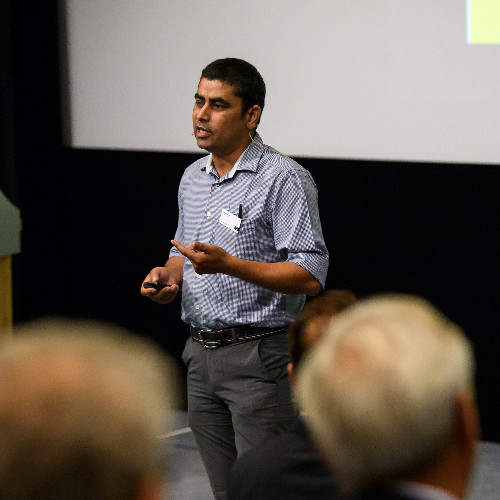Baseline Assessment for DBT in TPDS: Will This Small Step Become a Giant Leap?
by Lokesh Singh, Arshi Aadil and Rridhee Malhotra
Mar 2, 2016
1 min
This focus note is based on MicroSave’s assessment of DBT in the (TPDS) conducted in August, 2015. This note pertains to the findings of the baseline assessment.
Based on successful roll-out of subsidy transfers for cooking gas, directly into the bank accounts of beneficiaries, the Government of India in September 2015 announced Direct Benefit Transfer (DBT) for PDS beneficiaries. We conducted assessments in August 2015, just before disbursement of the first tranche of cash transfers in lieu of subsidised food grains. This Note pertains to the findings of the baseline assessment. Despite many challenges, the situation was conducive for a pilot for DBT in lieu of food grains in Chandigarh and Puducherry. However, given the market infrastructure in Dadra and Nagar Haveli, it was best that the pilot was dropped; DNH lacks an alternative market and needs subsidised food grains through FPS. There are also other fundamental challenges to DBT in PDS. One of the most fundamental is the amount of money paid to beneficiaries in lieu of food grains. At present, PDS entitles low-income families to get wheat at Rs. 2 per kg, rice at Rs. 3 per kg and coarse grains such as bajra/ragi at Rs. 1 per kg. As against this, the government has fixed the DBT amount at 1.25 times the minimum support price (MSP), which is, in essence, the price at which the government procures food grains from farmers. Recipients are not happy with the amount of money received as DBT under PDS.
 by
by  Mar 2, 2016
Mar 2, 2016 1 min
1 min 


Leave comments